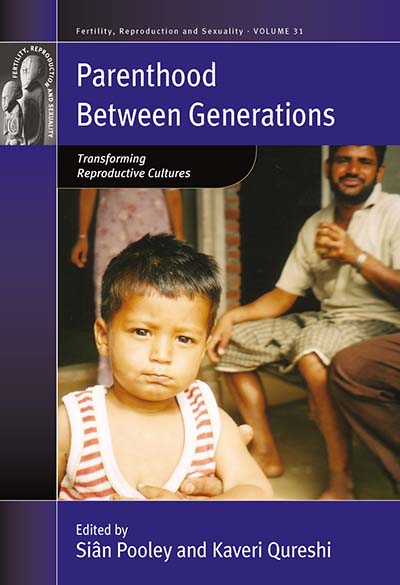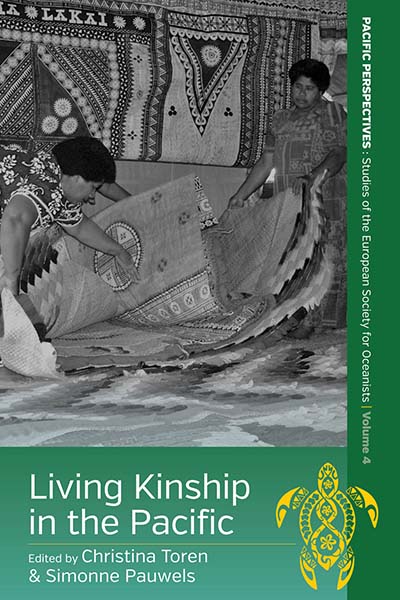
Series
Volume 1
Culture and Society in Central Eurasia
See Related
Anthropology JournalsEmail Newsletters
Sign up for our email newsletters to get customized updates on new Berghahn publications.
Migration and Welfare Austerity
Mobilizing Kinship for Care, Welfare and Development in Kyrgyzstan
Aksana Ismailbekova
284 pages, 7 illus., bibliog., index
ISBN 978-1-83695-434-7 $135.00/£104.00 / Hb / Published (March 2026)
eISBN 978-1-83695-435-4 eBook
Reviews
“What makes this book particularly appealing is its ability to present both a fresh perspective on the everyday lives of migrants and a broader view of kinship in Soviet and post-Soviet contexts. The author skillfully and convincingly weaves together local, Russian, Western, and Soviet perspectives.” • Sherzod Eraliev, Lund University
Description
After the collapse of the Soviet Union, residents of Alma, a village in Kyrgyzstan, were faced with many challenges. Economic crisis and the elimination of welfare support forced an entire generation to become labour migrants in Russia. Those ‘left behind’ were sustained by migrants’ remittances and charitable activities, but at a cost. As villagers built upon existing kinship structures to create new practices of mutual aid on the lines of Islamic teaching, they suffered from the ‘dark side of kinship.’ This book shares experiences of people in Alma and its Moscow-based diaspora and how they created a ‘moral economy of migration’ that became territorialised as kindship was de-territorialised.
Aksana Ismailbekova is Senior Research Fellow at the Leibniz-Zentrum Moderner Orient in Berlin, Germany. Her research focuses on the importance of gender, kinship and religion in negotiating socioeconomic change. She is the author of the book Blood Ties and the Native Sons: Poetics of Patronage in Kyrgyzstan (Indian University Press, 2017), and the co-editor of Surviving Everyday Life: The Security Capes of Threatened People in Central Asia (Bristol University Press, 2020).
Subject: Anthropology (General)Refugee and Migration StudiesSociology
Area: Asia
Contents
Download ToC (PDF)




